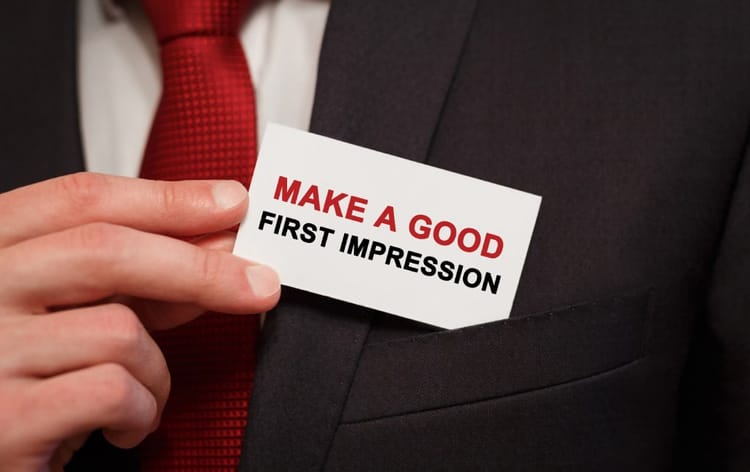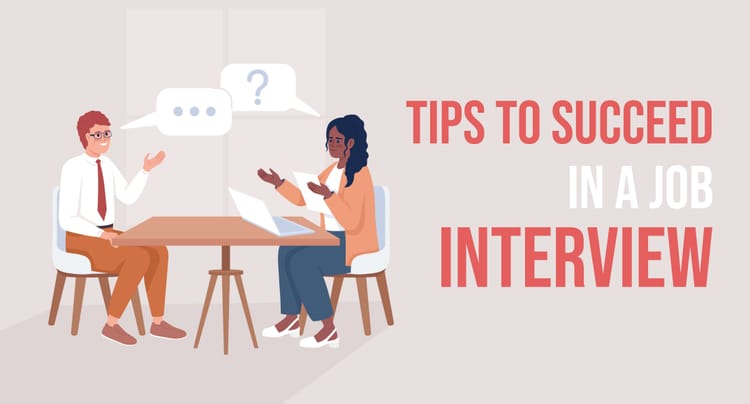Questions to Ask Hiring Managers During a Job Interview

The interviewer is not just impressed by just how well you answered the questions, but they also evaluate your interest in the opportunity by seeing your questioning ability. Are you prepared when the employer asks "Do you have any questions?" This question is your opportunity to ensure how well this job, employer and your boss suit your expectations. While you prepare for all that may be asked from you to evaluate your skill set, expertise and fitment for the role. You also need to research about the employer, role, responsibilities and list down your queries. That definitely shows you as a genuine jobseeker.
Going unprepared for these questions may impact your chances negatively. When you have no questions to ask, it gives the impression that you didn’t do any research about the employer or the role. It might also show you as an uninterested jobseeker. While sitting there and interviewing is proof in itself, but having no questions for the employer does leave a dent on your candidature.
Let’s understand in this article, how a jobseeker can prepare for this vital question - Do you have any questions? Jobseeker before appearing for the interview, should check the LinkedIn profile of the hiring manager, Glassdoor and google reviews of the employer. That gives some insight about the company culture. While it may not be a red or green flag, networking with some existing employees would also help you get an idea.
I have categorised a few sets of questions that you may ask the interviewer to gain more insight about the company and the role.
1. Questions related to Culture:
Though every company advertises the best image of their working culture, during your interview you have the opportunity to delve deeper and ask a few uncomfortable questions and gauge how the employer addresses them. A few such questions could be:
- Could you elaborate on the management working style and the type of employee that works well with you?
- What are learning and development opportunities at my level?
- How do we address issues employees might have in the company?
2. Questions related to your role and responsibilities
While you have answered all your questions, you also need to know better about your role and responsibilities.
- You may ask some deeper questions around your employment. Who would be your reporting manager?
- What is the organisational structure?
- What are the growth opportunities in terms of promotion?
- If you will be handling any team or mentoring any set of employees.
3. Questions related to your interview
While you won’t get to know the result but asking for your feedback, how you did in the interview. Areas of growth and if the interviewer gives you candid feedback, it will be really enriching and helping you improve yourself professionally.
- How did I do in the interview?
- What are the gaps, which I should know so that I can work upon them?
- If I need to acquire any skill for the job, or any other piece of advice for you.
- What personality traits do you think will help the job seeker succeed in the job?
4. Performance evaluation
You should always consider asking questions about how your work will be evaluated. If the company has some set standards, some tools are being used.
- What are the metrics of performance evaluation?
- How am I rewarded for some good performance and achievement of my targets?
- What are the promotion opportunities?
- How can I apply for some other interesting project in the company
5. Challenges of Job
When you have proven yourself an eligible candidate for the role, do ask them the real challenges of the job. No company or role is perfect and devoid of any hurdle.
- You need to ask clearly if there is any such challenge for which you should be mentally prepared.
- If there are any weaknesses of the department, which company is working upon.
- Talk about the company's financial health, their long long-term goals.
- What new endeavours is the company taking in near future.
- If you are replacing anyone in the job, if there will be any Knowledge transfer with the existing team.
6. Your any specific expectations from the Job.
At times the employer asks for your expectations from the role. You can ask certain questions if you are asked about it. Also, if there is something specific which you want to enquire.
- If you are looking for flexibility in working hours, or you are a new mom and need some childcare support. Be open about it and get it answered.
- If you are looking for some training or you plan to do some higher education in future. You can enquire about the eligibility needed for such opportunities. Don’t sound too demanding during the interview but if it matters to you in decision-making, you can always ask the employer about it.
These are a few questions suggested by me, but this list is not exhaustive. As a job seeker, do your research, and ask your questions. Think about the challenges you faced in your last job, and try to evaluate this new role and employer on those parameters as well.
An interview is an opportunity for both the employer and employee to check the mutual fitment. It should be used wisely. Hiding important facts that might hamper your working relationship ahead won't be helpful. Also ignoring any red flag in the employer's end is not advisable. As a Recruitment agency, we help hundreds of jobseekers find their dream job. We also interact with all our clients on regular basis and try to understand their challenges. It helps us serve better, when we know what an employer is looking for in their next hire.
Role of a recruitment agency is that of a catalyst, which supports both ways and helps them find the mutual fitment. These questions are based on our experience of 10 years as preferred head-hunters.
Read more:


